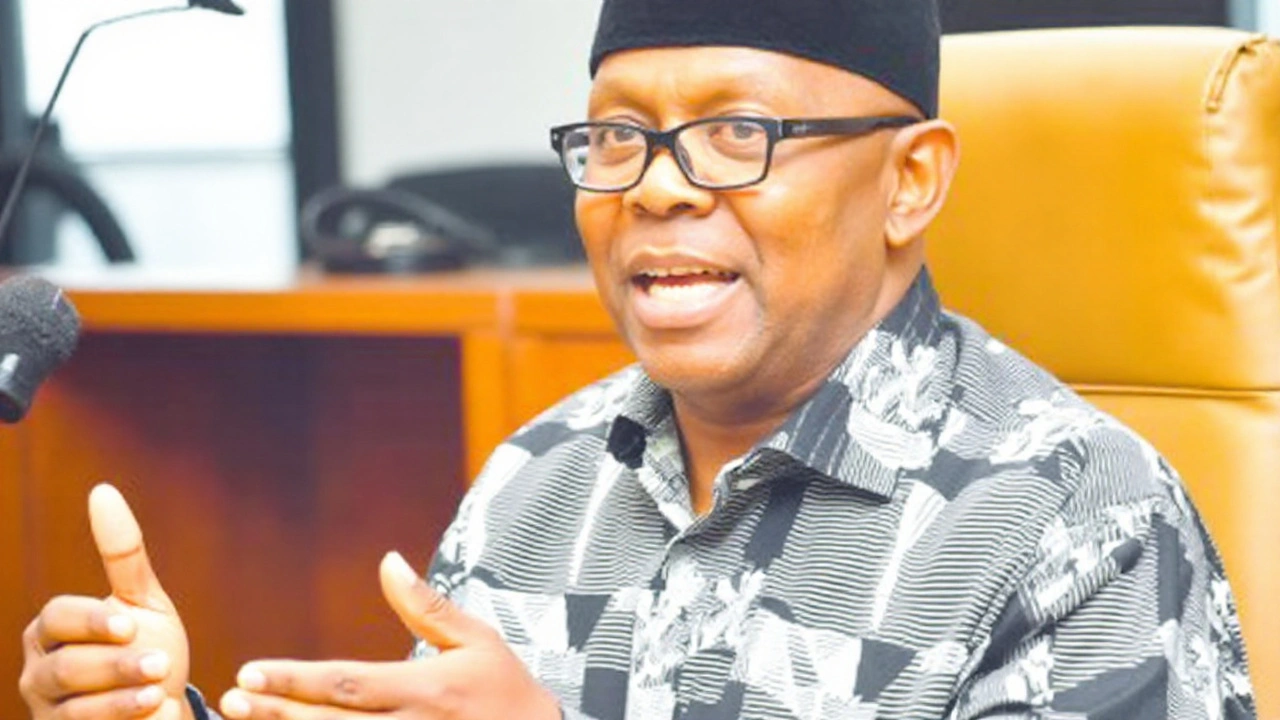Passport Fee Hike Explained: What You Need to Know
If you’ve noticed your passport renewal bill getting bigger, you’re not alone. Several African countries, including South Africa, have announced a rise in passport fees this year. The increase catches many off guard, especially those who travel often or need a new passport for work.
Why the Fees Are Rising
Governments say the higher cost covers better security features, upgraded printing technology, and faster processing times. In South Africa, the Department of Home Affairs added new biometric chips to all passports, which makes them harder to counterfeit. Those upgrades don’t come cheap, so the extra charge is passed on to applicants.
Another reason is inflation. The cost of paper, ink, and staff salaries has gone up, and the fee change tries to keep the service financially sustainable. Some countries also want to boost revenue from travel documents to fund other public services.
How the Hike Affects You
For most people, the new price means paying an extra $20‑$40 when you apply. If you’re a frequent traveler, those extra dollars add up fast. Students studying abroad or families with several kids may feel the pinch more than anyone.
One practical impact is timing. With higher fees, many folks decide to renew early to avoid paying twice in a short period. This can lead to longer queues at passport offices, but many offices now offer online appointments to ease the crowd.
Some travelers worry about the cost of a visa on top of the passport fee. Remember, a visa is a separate fee that varies by destination, so plan your budget accordingly.
Tips to Manage the New Cost
Start early. If your passport expires within six months, book a renewal now instead of waiting. Early renewals often avoid rush‑hour fees and give you more time to shop around for cheaper processing options.
Check for discounts. Some airlines or travel agencies partner with government offices to offer reduced fees for bulk applications. It’s worth a quick phone call or a scan of their website.
Consider a fast‑track service only if you really need it. Fast‑track fees can double the cost, and the regular service usually takes just a few weeks.
Keep your documents organized. Missing a required form can cause delays and may force you to pay again. Use a checklist: passport photos, ID, proof of address, and the completed application.
If you’re a student, ask your university’s international office. Some schools have agreements that cover part of the fee for study‑abroad programs.
Lastly, budget for the hike now. Add the extra amount to your travel fund so it won’t surprise you later. A small monthly saving can cover the increase without hurting your plans.
Passport fee hikes are inconvenient, but they’re manageable with a little foresight. By understanding why the fees went up, planning early, and looking for discounts, you can keep your travel dreams on track without breaking the bank.






